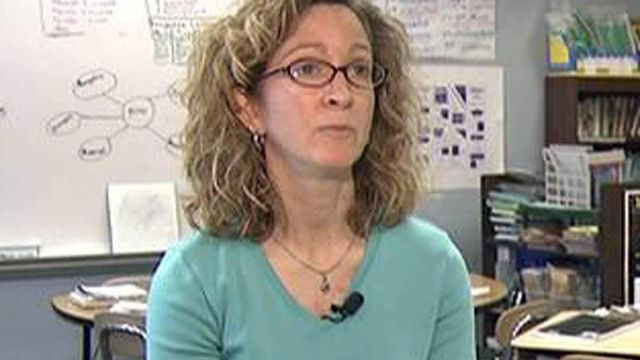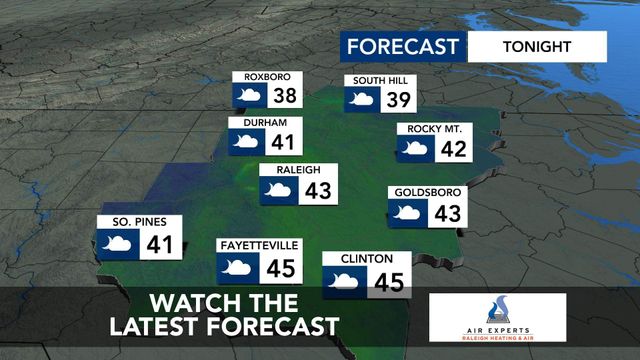GOP: Increase class sizes, not taxes
In response to Gov. Beverly Perdue's call for increased per-student spending amid a budget crisis, state Republican leaders said Tuesday the size of classes in public schools should go up instead.
During her first State of the State address Monday night, Perdue said she would work to preserve education funding while making drastic cuts in other areas to close a budget deficit expected to top $3 billion for the fiscal year that starts in July.
"I'll fight for kids and schools with every breath I breathe," she said Tuesday morning. "I can do that in this budget. I can raise per-capita spending."
Perdue was expected to submit her proposed 2009-10 budget to lawmakers next week, and she declined to provide details Tuesday of how she would finance the added school spending.
She already has ordered state agencies to reduce spending by 9 percent, and she said Monday that "everything is on the table" to fill the budget gap. She didn't directly address the possibility of tax increases in her address.
The GOP rolled out its own recommendations Tuesday for balancing the budget, including increasing class sizes in schools. Adding two students to each class would save the state about $300 million by cutting the number of teachers needed, they said.
"It's a happy thought that your child will be in a smaller class, but we can get a much better bang for the buck by giving good incentive pay to teachers and having the best teachers rather than reducing class size by another one or two or three (students)," House Minority Leader Paul Stam said.
Perdue, a former teacher, said she would increase class sizes "as a last resort."
"I understand what it means firsthand when you put two or three more children in a classroom," she said.
Some teachers agreed with Perdue's assessment, saying larger classes mean less of the individual attention that most students need.
"It definitely concerns me," Swift Creek Elementary School fifth-grade teacher Deborah Rosenella said of the GOP proposal. "Even two or three more children in a room makes a difference."
Still, lawmakers on both sides of the aisle said the deficit requires the state take steps that normally would be unpalatable.
"I think we're getting pretty close to have to look at those last resorts, and we need to be serious about it, Senate Minority Leader Phil Berger said.
"We may have to (expand classes) for a while. It may be more difficult on our teachers, but we're all in this together," said Sen. David Hoyle, D-Gaston.
Teachers hope students don't learn less in the process, Rosenella said.
"Whenever we make a decision around here, it's always, 'How does it impact student learning?'" she said. "We know there are going to be budget cuts. We know we're going to have to do more with less."
Other cost-cutting proposals made by the Republicans include consolidating the More at Four and Smart Start pre-kindergarten programs to eliminate duplication, using software to catch bogus Medicaid claims before they're paid and suspending state funding of the Clean Water Management Trust Fund. The state should pursue money from the federal stimulus package to pay for any water-quality projects, they said.
The GOP also said money from the national tobacco litigation settlement, which funds economic development projects in rural counties, should revert to the state's general budget.
Berger, R-Rockingham, said in the official Republican response to Perdue's speech that the state shouldn't fix its budget at the expense of family budgets.











